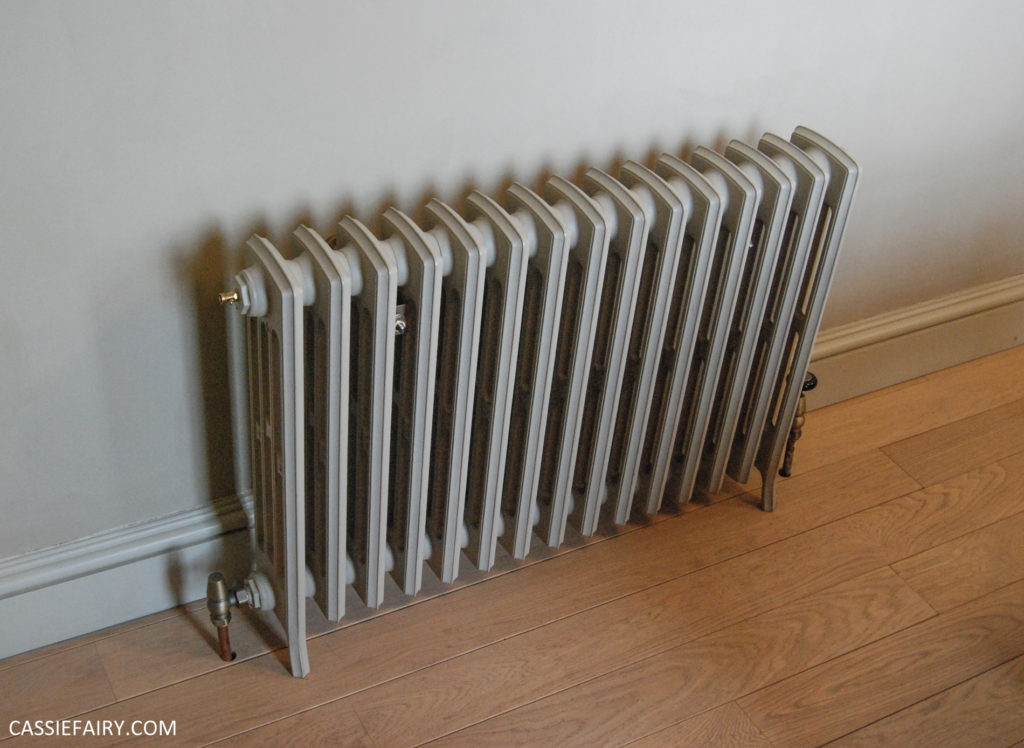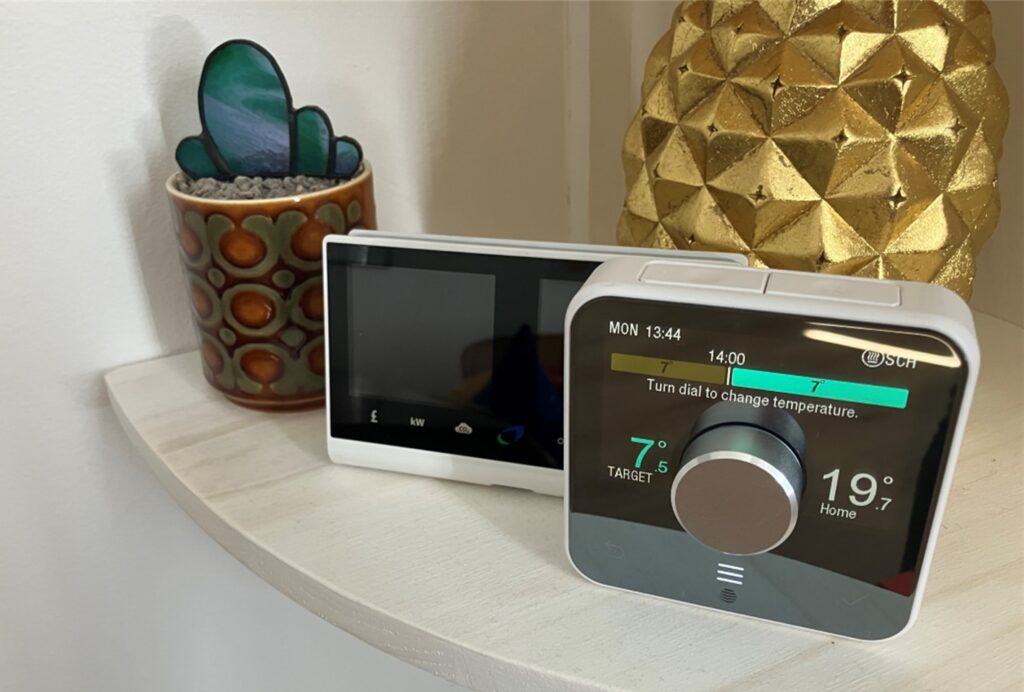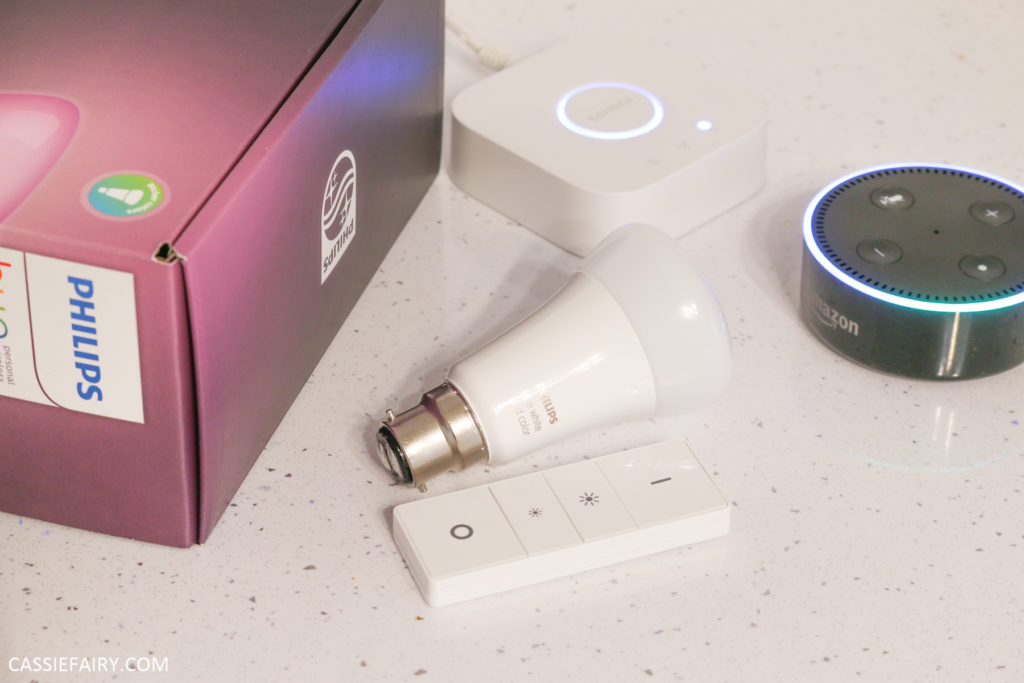
Business utility prices have climbed due to increasing wholesale prices, market shifts, and supply chain issues. These rising expenses in gas and electricity directly affect profitability, especially if your business has high energy usage. So, for many indie business owners, managing energy expenses is a priority to help you save money.
One key approach is conducting a business energy comparison to find cost-effective deals. Comparing options allows you to select a supplier that offers lower gas bills, flexible contracts and better energy efficiency solutions. Plus, energy-saving strategies such as using smart meters, adjusting heating costs and optimising air conditioning can also help reduce your gas and electricity expenses.
If you’ve taken the leap to become your own boss and need to keep your business energy expenses under control, let’s explore the impact of rising utility prices and look at some actionable strategies for making savings, including supplier comparisons, contract negotiation tips and energy-efficient techniques.

Why business energy costs are rising and how it affects you
Energy prices are climbing due to several economic and market-related factors. For a start, wholesale prices have surged, affecting energy bills for both small and larger businesses. In the last five years, wholesale gas prices have increased by nearly 80%, forcing energy suppliers to pass the costs onto business customers.
Additionally, supply chain disruptions and geopolitical issues have made gas and electricity more expensive for homeowners and businesses alike. This will inevitably increase the financial burden on your running costs, which can make things difficult if you’re trying to launch and grow your small business.
Market prices also vary depending on contract agreements. Fixed-rate contracts help businesses secure a stable rate, while variable-rate contracts expose them to sudden price changes. Monitoring these trends and partnering with reliable energy brokers can help companies make informed decisions and avoid unexpected price hikes.
Larger bills make managing your cash flow harder and the impact is even more significant for those independent businesses that rely on gas heating, cooking or industrial processes. Without some cost-control strategies, these small businesses risk overspending and could even face closure if they can’t maintain profitability.

How to save money with business energy comparison
Just like when you plan your household expenses budget, it’s possible to make savings on your business bills too – and one of the best ways to save on gas and energy costs is through conducting a business energy comparison. Different energy suppliers offer varying rates, contract terms and benefits, so it’s essential to compare options before signing a deal.
Key factors to consider when comparing suppliers:
- Unit rates and standing charges – Some suppliers have hidden costs, so businesses must check the total price
- Contract length and flexibility – Short-term and long-term contracts impact cost stability
- Additional services – Some suppliers offer smart meters, efficient solutions, or gas and electricity bundles
Did you know there are ‘energy brokers’ available for business utilities? These brokers act as intermediaries, helping businesses find the best deals on gas and electricity. They have access to multiple energy suppliers and can negotiate better rates than businesses could on their own.
However, not all brokers are transparent and some charge hidden fees, increasing total costs. While brokers can provide valuable insights, you should always do your research to avoid overpaying; it may be possible that you can get a favourable rate just by switching to a better provider yourself, thereby reducing costs without any extra help.

Negotiating a better contract
Negotiating the contract for your small business energy supply can help you to save money. Before signing an agreement, you can analyse your own usage data to see exactly what you need. Also, check market trends and be ready to discuss pricing with multiple suppliers to allow them to ‘win’ the contract to supply your business.
Key negotiation strategies include:
- Reviewing the contract end date – Renewing a contract at the right time prevents businesses from being locked into high rates
- Leveraging multiple quotes – Comparing deals helps in securing better prices if suppliers try to ‘beat’ each other
- Discussing bulk discounts – Larger businesses with high gas usage may qualify for lower rates. Or perhaps you can get both electricity and gas from the same supplier for a reduced overall rate.
A well-negotiated contract ensures an independent business will be able to achieve stable costs so that the budget is balanced, which can help avoid unnecessary or unexpected bills.

How smart meters can help in managing costs
Smart meters provide real-time data on energy usage, helping businesses track and adjust their consumption patterns. This technology allows you to:
- Identify peak usage hours and adjust heating costs accordingly – only heat your business premises when it’s in use
- Avoid unexpected increases in bills through accurate monitoring – if you know what you’re using you can save the correct amount from your profits to pay the bill
- Improve energy efficiency by identifying wasteful practices – then you can make the changes needed to cut out those unnecessary costs
According to the UK Department for Business, Energy & Industrial Strategy, companies using smart meters have reduced their energy consumption by an average of 8%, resulting in long-term savings, so it’s worth taking a look at your smart meter when you’re planning your budget for bills.

Energy efficiency tips to reduce bills
Saving energy before you use it is one of the most effective ways to lower bills. Simple changes can significantly impact operating costs, such as:
- Insulating business premises – Proper insulation reduces heating costs by 15-25%
- Upgrading to efficient appliances – Switching to modern equipment can cut energy usage by 20%
- Implementing maintenance – Regular servicing ensures systems run efficiently, saving 5-10% on energy bills
- Energy efficient windows can keep warmth locked in and cut out draughts, keeping your heating bills lower in the winter
- Conduct regular business energy audits to identify wasteful consumption
- Optimise heating costs through smart thermostats that switch on and off automatically according to your requirements
- Reduce unnecessary energy usage on heating or lighting in non-essential areas
- Choosing smart bulbs that you can control remotely and adjust according to when and how you’re using the space
- Track energy bills monthly to catch any unusual increases

How Businesses Can Save on Gas Costs (Data-Based Savings Estimates)
| Strategy | Estimated Savings |
| Switching to a better energy supplier | 10-20% reduction in energy bills |
| Using smart meters for real-time tracking | 5-10% savings annually |
| Negotiating a fixed contract at low market prices | Protection against price surges |
| Insulating walls and ceilings | 15-25% lower heating costs |
| Upgrading to energy-efficient appliances | 20% less gas usage |
Rising costs are a serious concern for entrepreneurs and small businesses, but you can take control of your energy expenses through careful planning. Comparing suppliers, negotiating contracts, using smart meters, and improving energy efficiency can all contribute to cost savings so taking proactive steps today can lead to long-term financial stability for your business.
I’ve previously shared some tips for launching and growing your own business so please have a read of that article to help you get started. Let me know in the comments section if you’ve been able to cut the running costs of your business. I’d love to hear your energy-saving hacks and budget-busting ideas so please do share them below.
Pin it for later

This blog post is an advertisement feature that has been written in collaboration with a sponsor. The pink links in this post indicate a sponsored link 🙂






















